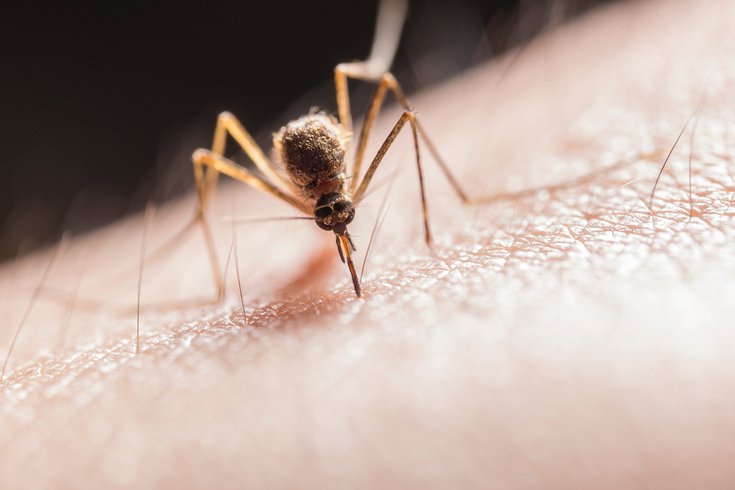
July 13, 2023
 Jimmy Chan/Pexels
Jimmy Chan/Pexels
Malaria is spreading locally in the United States for the first time since 2003, with seven cases reported in Florida and Texas. The diseases is caused by a parasite that infects the Anopheles mosquito, which is found throughout most of the continental U.S., including Pennsylvania and New Jersey.
For the first time in 20 years, malaria is spreading locally within the United States.
Seven cases of malaria, a serious disease caused by a parasite that commonly infects a certain type of mosquito, have been reported in the U.S. Six cases were identified in Sarasota County, Florida, and one was identified in Cameron County, Texas. None of the patients had traveled outside their respective states before getting sick.
Mosquito surveillance and control measures have been implemented in both states, and the U.S. Centers for Disease Control and Prevention has no reason to believe there is a connection between the cases in Florida and Texas.
This is the first time since 2003 that malaria cases diagnosed in the U.S. have been locally acquired, meaning the infected mosquito originated in the U.S. and the disease was not brought in by an outside traveler. The last locally acquired transmission resulted in eight cases in Palm Beach, Florida.
Malaria was declared a major public health problem in the United States in the early 1950s. Today, the majority of malaria cases and deaths occur in Africa, where the most dangerous and widespread malaria parasite (plasmodium faciparum) is common. But there are about 2,000 cases of malaria reported each year in the U.S., mostly in returning travelers, according to the CDC.
Despite the recent cases, the CDC asserts that the risk of locally acquired malaria remains extremely low in the U.S. Here are some important facts about the disease:
People usually contract malaria after being bitten by an infected female Anopheles mosquito, the only type of mosquitoes that can transmit malaria. The mosquito must have been infected through a previous blood meal taken from another person infected with malaria.
When a mosquito bites an infected person, it takes in a small amount of blood which contains microscopic malaria parasites. That mosquito takes its next blood meal about a week later, and the parasites mix with mosquito saliva and get injected to the person being bitten.
Malaria also can be transmitted through blood transfusion, organ transplant or the shared use of needles or syringes contaminated with blood, because malaria parasites are found in an infected person's red blood cells. Congenital malaria can be transmitted from a mother to an unborn infant before or during delivery.
Malaria can not spread from person to person, like a cold or the flu, and it cannot be sexually transmitted. Malaria also cannot be contracted from casual contact with people who have malaria.
Anopheles mosquitoes, which can spread malaria, are found in most of the continental U.S., including Pennsylvania and New Jersey.
Not all mosquito carry disease, and different species carry different diseases. For example, West Nile virus, which was found in Philadelphia last month, is spread by the Culex species.
Malaria causes a flu-like illness. Symptoms include fever, shaking chills, headache, muscle aches and tiredness. Nausea, vomiting and diarrhea also can occur. Malaria may cause anemia and jaundice due to the loss of red blood cells.
For most people, malaria symptoms begin 10 days after infection, but people may fall ill as early as 7 days or as late as one year later.
If not treated swiftly, the malaria infection can become severe and lead to kidney failure, seizures, mental confusion, coma and death.
People who experience these symptoms and recently have been in an area with malaria are urged to go to the doctor so the disease can be treated early in its course. Malaria can be cured with prescription drugs.
There is not a malaria vaccine, although vaccine clinical trials are ongoing. Many preventative antimalarial drugs are available for people planning to travel to areas where the disease is common.
Follow Franki & PhillyVoice on Twitter: @wordsbyfranki
| @thePhillyVoice
Like us on Facebook: PhillyVoice
Have a news tip? Let us know.